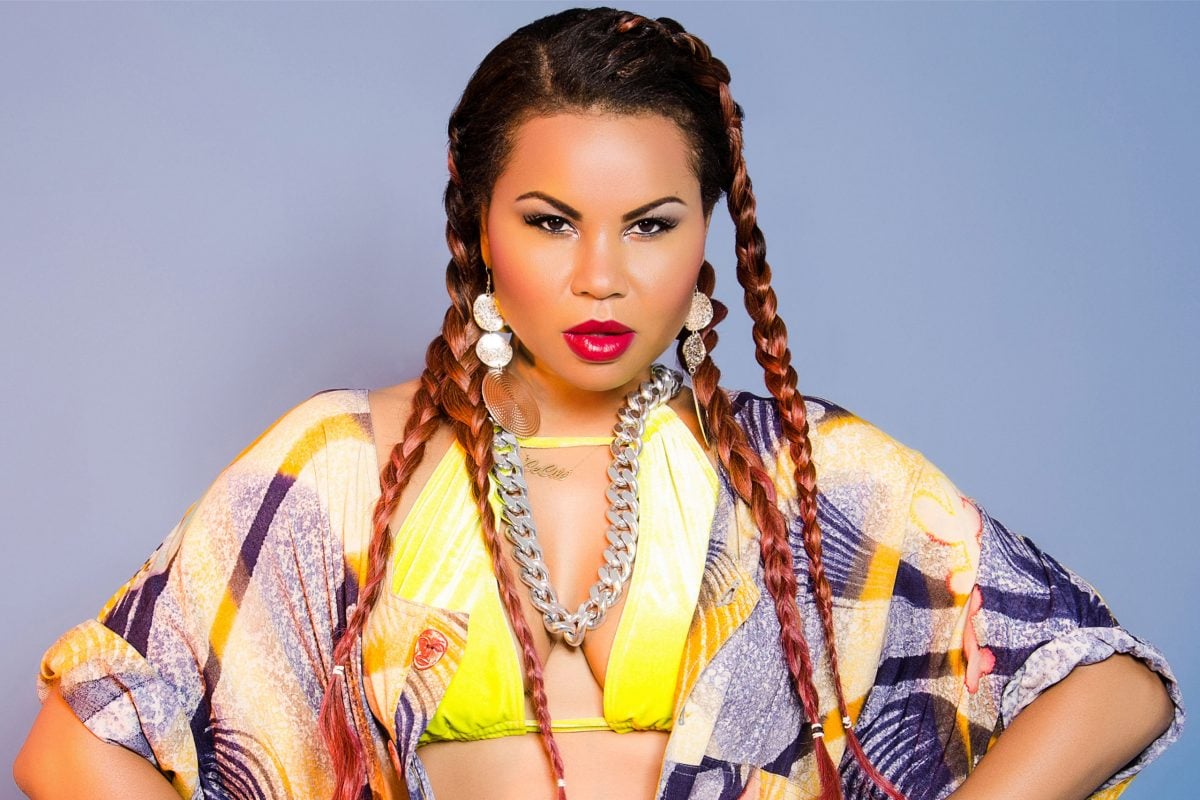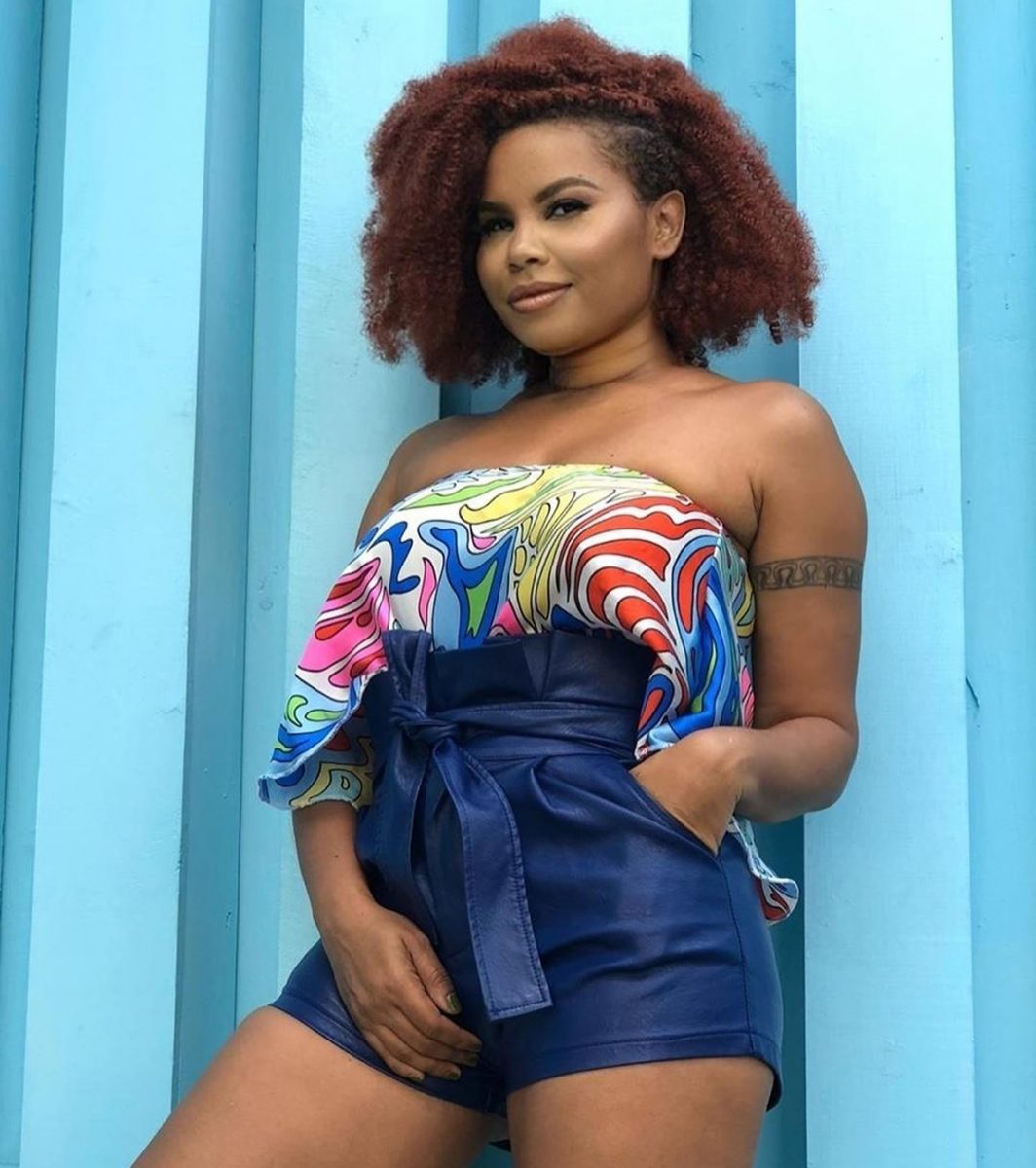Ce’cile Airs Out Double-Dealing Critics Of Dancehall

Reggae/Dancehall artist Ce’cile had some terse words for people in Jamaica who are constantly making disparaging remarks about the Dancehall music genre and blaming it for society’s ills.
Her comments come on the heels of Prime Minister Andrew Holness’ recent lamentations about Jamaican music being bombarded with songs of violence, which threaten its integrity, as well as calls from St. James Municipal Corporation councilor Michael Troupe, for music with gun lyrics to be banned.
The Prime Minister’s comments had resulted in a great backlash from members of the Dancehall fraternity, including a one-hour dress-down by veteran selector Foota Hype who accused Holness of spreading propaganda and being disrespectful.
In Ce’cile’s Op-Ed titled The Reggae Paradox, which was published in The Jamaica Observer on Sunday, she noted that when she hears complaints that Dancehall music is slack, not produced properly, leading the kids astray, and is encouraging criminal activities, she is “kind of flabbergasted” as “our music is so much more”.
“More often than not I hear this rhetoric being tossed around by people who only know the music they critique after it goes viral; when something happens to make it so popular they have no choice but to hear it, or they can’t get away from it. More times than not these are the people complaining,” she stated.
The Can You Do Di Wuk artist said that while some of the content of Dancehall music is troubling, many of the complainers are not lovers of the genre, and do not search for the type of music they wish to hear, read reviews on artists or their music and hardly ever if at all, take the time to check out the “not-so-popular acts, or popular non-trending acts”.
“And, they certainly do nothing to help bring the type of music they like to the forefront. In many instances they hear the music they don’t like being played by individuals who are simply playing music that they like and want to hear,” the Manchester native noted.
“These people seldom watch an entertainment show then search for music based on an inspiring interview. They possibly only remember the more popular person who had the shock value, but not necessarily the kind of material they claim they want to hear… Artistes continue to shock you because they realise it works…,” she added.
Referencing Fantan Mojah’s controversial Fire King song as an example, Ce’cile said nowadays, to be seen as relevant and hailed as current, an artiste has to be hot and trending, and not necessarily because of “awesome inspiring, uplifting, solid productions”.
“Some of you complain when the most negative songs we do are the ones that gets the most attention; we lament when the positive ones get lost or are forgotten quickly,” she said.
Ce’cile said there will always be music that edifies, elevates, empowers, and uplifts, just as there will always be music that degrades, demeans, and belittles. As a consequence, she said, critics should be “more supportive of the music and artistes” that they claim they want to hear so these artistes can have hit songs.
“I can think of many amazing, well-produced, interesting, positive music that so many of our artistes have recorded and released and are available to the public. Paradoxically, the supply of this good music is far greater than the demand, it seems. Yet the cry for good music continues,’ she pointed out.
“Before you complain or bash someone you think is doing music you hate, go talk about music you love. Or just shut up,’ she added.

Ce’cile’s sentiments also echo that of human rights advocate Jaevion Nelson, who in February last year, noted in an article titled Dancehall is not the problem which was published in the Gleaner, that some wealthy Jamaicans “have been fishing desperately to blame dancehall music for the quandary, especially among men and boys, that bombard us on a daily basis”.
“They have become so frustrated and convinced of their fallacy that even the most ridiculous of songs such as Gunman in She Hole has made it to the catalogue of songs deemed to be the problem,” he stated.
“What fascinates me is how we pretend that songs with lyrics related to sex and violence, for example, are new… One can easily find songs from a time in reggae and dancehall that are upheld as the example of what good music should be that celebrated paedophilia, violence, promiscuity, etc,” Nelson wrote.
Nelson also argued that Dancehall artists have a massive impact on society because of societal breakdown and not simply because they are producing and broadcasting songs glorifying crime and violence. He also said the solution lies largely in “helping people to engage the music critically, while enjoying it, as those who blame artistes often do” and that people ought not to be shamed for liking the songs or be labeled as part of the problem for doing so.
“Why are some able to enjoy songs that glorify scamming but have no interest in becoming a scammer? Why am I able to play badman songs and not get involved in that? Why was I able to sing all those negative Dancehall songs as a child and not do as they say? I believe this is the same for the vast majority of us,” he said.
